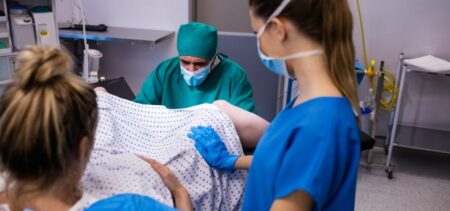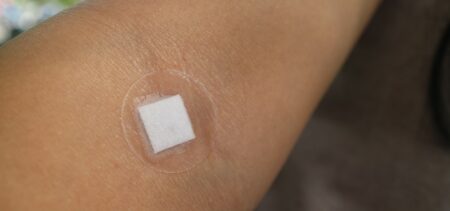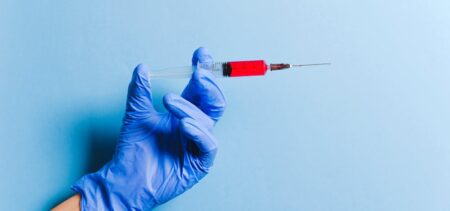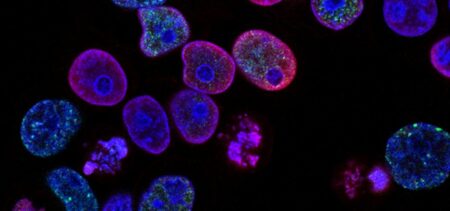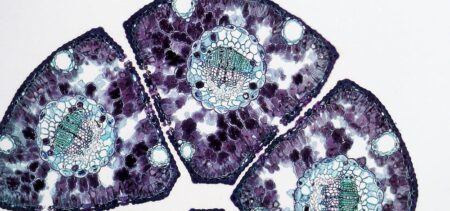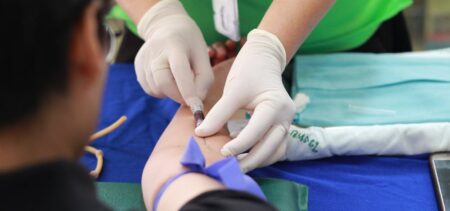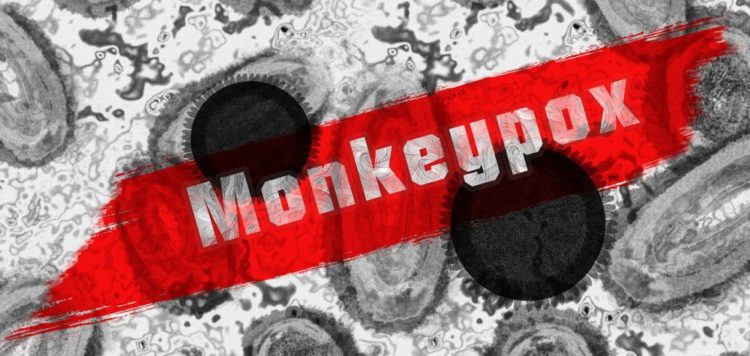People around the world, scientists, and policymakers have undoubtedly learned numerous lessons from the COVID-19 pandemic. This healthcare crisis has shown the importance of being prepared to face a new epidemic or pandemic, as well as the need to develop effective tests, vaccines and treatments that can help prevent, diagnose and treat new conditions. Although the monkeypox virus and the disease it carries are not actually new, but rather old enemies, the lessons the pandemic taught might prove extremely useful in managing the monkeypox outbreak.
Monkeypox, endemic to Africa, is a relatively unknown disease that has quickly spread to become a threat to people around the world. It has prompted the World Health Organization (WHO) to declare the current global monkeypox outbreak a Public Health Emergency of International Concern (PHEIC). According to the organization, most cases of monkeypox are currently located in the European region, and the WHO is working with several countries and communities to develop an urgent and effective response.
Like the WHO, the US government has declared the disease a public health emergency after seeing a surge in the number of cases. This decision was made as an effort to advance the distribution of vaccines, treatments, and federal resources according to BBC News.
The Monkeypox Outbreak in the US
More than 6,600 monkeypox cases have been confirmed in the US, but officials remain optimistic and believe they can control the outbreak by making more tests and vaccines available to the general population. Around 25% of monkeypox cases in the US have been confirmed in the state of New York—where it has been declared a state of emergency. California and Illinois, two other states now dealing with an increasing number of monkeypox cases, followed suit by declaring states of emergency at the beginning of the month. According to California Gov. Gavin Newsom, the decision will support vaccination efforts throughout the state.
One of the problems faced by officials in states heavily affected by monkeypox is the growing demand for monkeypox vaccines as the number of cases grows. However, the current supply may soon prove insufficient, as healthcare staff are already making efforts to keep up with the number of people hoping to get vaccinated. This and many other concerns regarding the outbreak have prompted President Joe Biden to appoint a new team to lead the country’s monkeypox response. Robert Fenton from the Federal Emergency Management Agency will serve as the White House National Monkeypox Response Coordinator, while Dr. Demetre Daskalakis was named Deputy Coordinator.
The new team will manage the strategy and the operations designed to fight the new monkeypox outbreak—including making tests, vaccinations, and treatments more widely available.
Ending the Monkeypox Outbreak
According to US Secretary of Health and Human Services Xavier Becerra, US officials are looking forward to working with Robert Fenton and Demetre Daskalakis to put an end to the current outbreak. The Secretary went on to say that Fenton’s previous experience in federal and regional response coordination in addition to Daskalakis’s ample knowledge of the healthcare system, will be extremely important in fighting the virus and developing a whole-of-government response. However, when it comes to ending the monkeypox outbreak, the new team’s task of making tests, vaccines, and treatments more widely available is by no means an easy one.
According to The New York Times, the Food and Drug Administration (FDA) has already approved Tecovirimat or TPOXX to treat smallpox, but the drug is not yet approved for monkeypox treatment. This means that it can only be used to treat monkeypox patients by following an inconvenient “investigational drug protocol” that prevents patients from gaining access to the medicine. The FDA points out that there is currently no data showing the efficacy of TPOXX for the treatment of monkeypox in humans. Controlled trials to assess its safety and efficacy in humans with monkeypox infections are extremely important according to the agency.
The pandemic demonstrated that ending a healthcare crisis is by no means an easy task, and that it can’t be done with a single breakthrough, like a vaccine or treatment. A concentrated effort is needed, and the good news is that the first steps have already been taken with ease.



